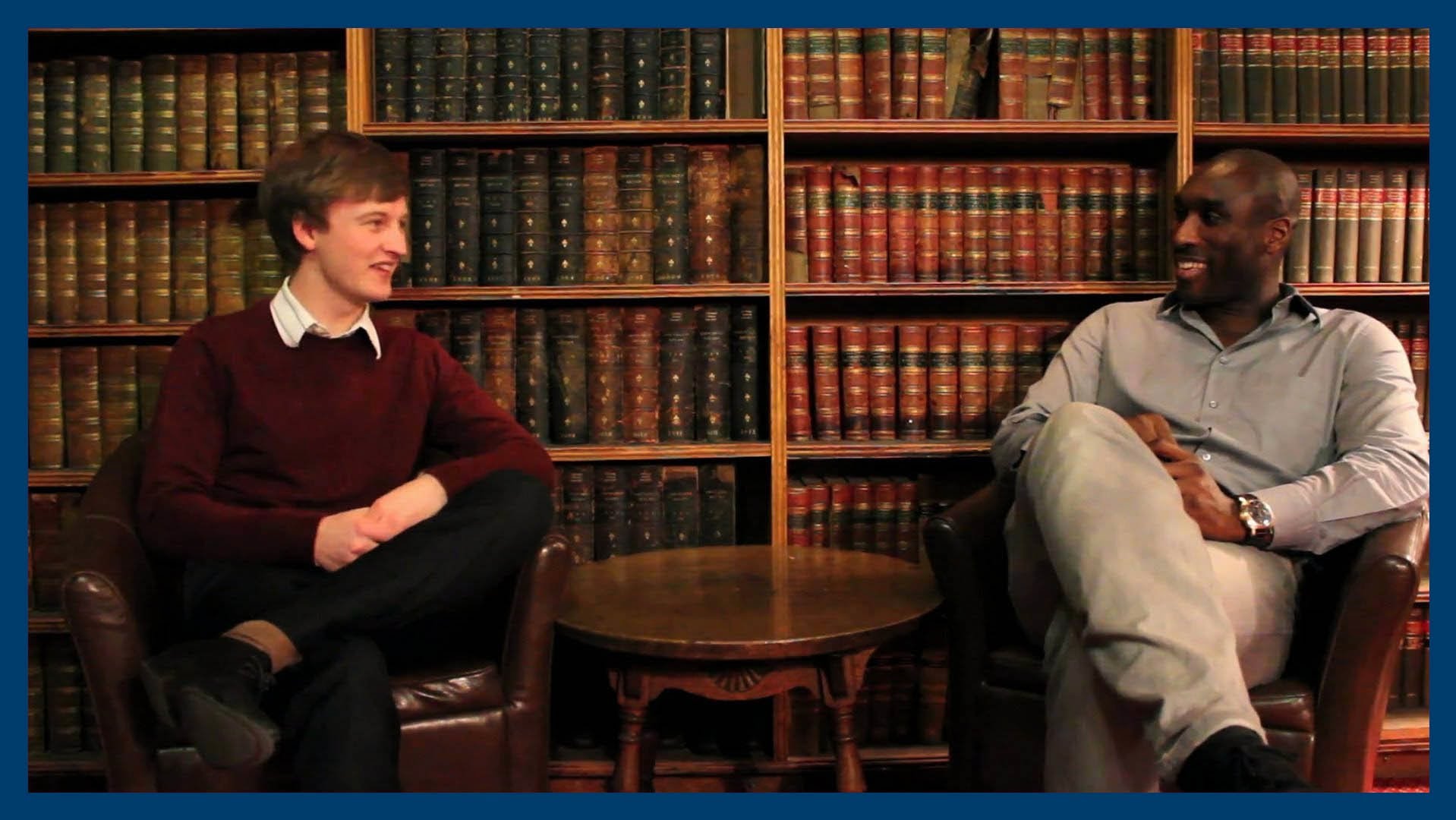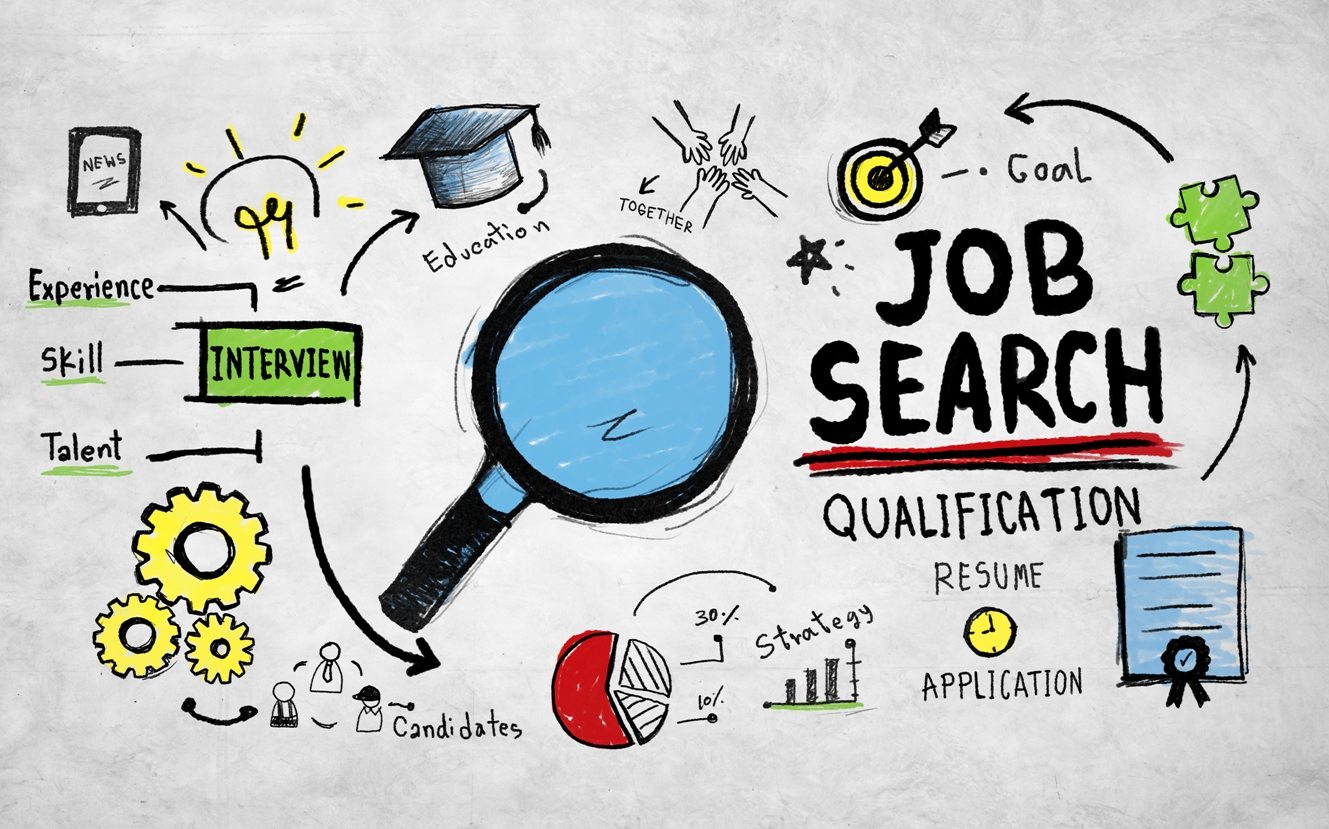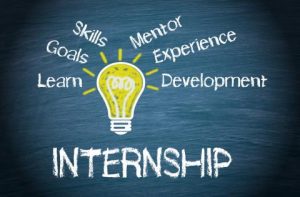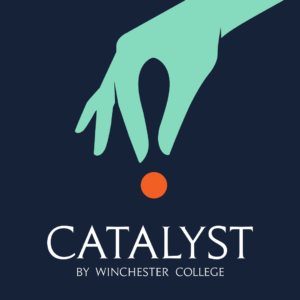Literature exams can be a huge source of frustration for students as they cannot be revised and prepared for in the same way as other exams, such as the sciences. This can lead to the rash conclusion that there is no need to prepare for a literature exam and a cavalier approach to the exam itself at the risk of poor performance. The purpose of this article is to show that there are important steps which a student should take in preparation for a literature exam to improve their performance. This is primarily aimed at students at GCSE level or equivalent and above.
Revision
The approach toward literature exams for both myself and my students has typically been focused on three aspects: content knowledge, thematic knowledge and question technique.
The first aspect is simple and the foundation for a good performance which you simply cannot do without. It consists of knowing the plot, events and details of the prescribed text. This should be done in both chronological terms, as the events themselves happen in the book, and causal terms, understanding why each thing happens. The most effective method to arm yourself with this knowledge is reading. Upon reading, write plot summaries to reinforce the information and future revision.

Thematic knowledge consists of knowing and understanding the key concepts and themes for a given text. Themes vary from text to text but a consistent example is characterisation. Themes are typically introduced in class and exam specifications usually provide a list or guideline for them as well. Revising themes goes hand in hand with reading the story but requires an extra level of analysis to connect a passage to its theme. This is where the text is either directly or indirectly concerned with an overarching theme. For revision, consider each theme or character individually and make a list of relevant textual examples and quotations. This process obviously requires good textual knowledge which is why the first aspect is of fundamental importance.
Exam technique should not be underestimated for a literature exam and consists of manipulating the knowledge you now have in a way which will get you the most marks. To achieve this, utilise the exam specification, mark schemes and examiner reports until you have a good understanding of what is expected of you for a good grade and how you should answer each question. Think of this aspect as knowing what they want you to know and how they want you to demonstrate it.
The Exam
There are three types of questions typically found in all literature exams: a factual question which tests the student’s knowledge on plot or character details; a critical analysis question which requires a student to examine a passage and discuss any important literary aspects; an essay question on any particular theme of the text.
There is no trick to this first type of question. Simply regurgitate the relevant knowledge. Aim to give one mark for each point and be concise. All these questions should be done first as they require little to no thinking, just make sure to read the question and supply only relevant information.
For the analysis question, a combination of practice, good technique and knowing the mark scheme can result in a good performance. This question deals with how and why the selected passage(s) has been written in this way. The key thing a student should remember when doing this question in an exam is that this passage has been set for a reason. Enough reasons, in fact, for it to be possible to achieve full marks without identifying every single relevant point. Ask yourself: Why has this passage been chosen for this question?
A single point should consist of hypothesis, quote and explanation. For example, in response to a question about how a character is portrayed in this passage, a good point might be: ‘The character is portrayed as being in a state of total madness (hypothesis). “Without any thought whatsoever, he plunged his fist into the molten lava” (quotation). The fact that the author tells us that the character does not think before acting, in addition to the word “whatsoever”, which is technically unnecessary but simply emphasises the total lack of thought, suggests that he wishes to highlight the character’s madness. Furthermore, language such as “plunged” reflects the character’s disregard for his personal safety (explanation). Depending on your level, knowledge of some specific literary terms, such as alliteration, simile, imagery and focalisation will be helpful. Practice is important as it will train you to identify points and use literary terms.
Essay technique is essential but deceptively simple. The fundamental definition of an essay is an argumentative piece of work. Your answer to an essay question can be packed with good content but if you are not arguing a position, you have not completed the brief. Therefore, the first step in answering an essay question is determining your overall argument. Literature is never straight forward with a right or wrong answer and a mixed answer discussing the positives and negatives of both sides of an argument can often produce a stronger performance.
The next step is structure. The purpose of good structure is to make sure that you keep to your argument, avoid unnecessary waffle, and the examiner can follow a logical argument from beginning to end. A good mantra which has served me well from GCSEs to University is: Say what you’re going to say, say it, say what you’ve said. These correspond to the three parts of your essay: introduction, content, and conclusion. The introduction should state your overall position and the steps which you will use to argue for that position. The paragraphs between your introduction and conclusion are where you do the arguing. Like the analysis question, arguments must always be grounded in the text through examples and quotations. This requires use of your knowledge of the themes and the text simultaneously. Finally, the conclusion should summarise the steps and build toward the overall argument which you set out in your introduction. This ensures that your essay presents an argument in clear steps and terms. Provided that each argument you present is logical and has evidence in textual examples, you will have produced a good essay.
To schedule exam preparation lessons with Ampla Education’s experienced tutors, contact us at info@ampla-edu.com
______________________________________________________________
________________________________________________________________________
While Thomas was at Winchester College, he was a Goddard Scholar, as well as the Head of House at Morsheads. He then went on to the University of Oxford to study Classics. On top of being a tutor of classical languages, literature and history, Thomas is able to advice students on various aspects of boarding school life and admissions procedures, such as the interviews and assessments.
______________________________________________________________
© Ampla Education – Unauthorised use of this material without permission is strictly prohibited. Excerpts and links may be used, provided that full credit is given to Ampla Education.



















